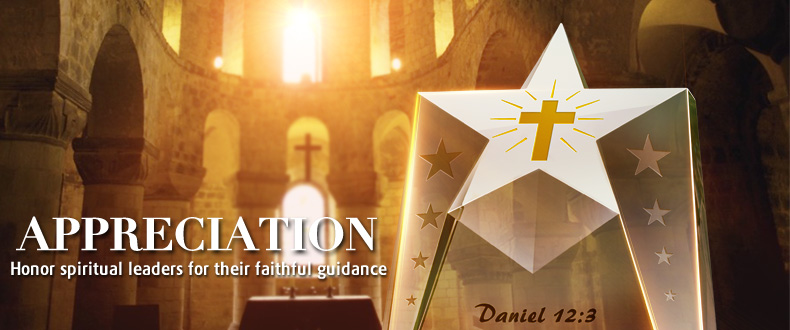Across most Protestant churches, clergy ordination is considered the rite by which their various churches determine whether an individual has a calling to serve God through ministry. Ordination also acknowledges training or education related to this calling. The final step is officially authorizing the individual to receive the office of ministry.
Men and women seeking ordination in almost all protestant churches must be ordained in order to preside at the sacraments. Those include Baptism, Holy Absolution and Holy Communion. Simalarly, one must be installed as a called pastor of a congregation or parish.
According to Wikipedia, some Protestant denominations have additional offices of ministry that require or invite ordination. Examples are listed below:
- For the most part, Presbyterianand Reformed churches maintain an order of ministry of pastor, elder, and deacon. Pastor, the only one of the three orders considered "clergy", is comparable to most other denominations' pastoral office or ordained ministry. The order of elder defines lay persons ordained to the ministries of church order and spiritual care (for example, elders form the governing bodies of congregations make decisions about worship). The order of deacon comprises lay persons ordained to ministries of service and pastoral care.
- In the Methodist tradition, deacon ordination is also required.
- Baptist ordination, according to Baptist History, is based on New Testament spirituality. According to the website, “Where a Baptist ordination takes place one can be fairly confident of the following meanings: Ordination is an act of worship by which the congregation, representative of the people of God, acclaims the one being ordained as chosen and empowered by the Holy Spirit to exercise gifts for ministry within the church. Ordination is not to a holier ministry than those given to other baptized believers. The laying on of hands with prayer invokes God’s blessing upon the one ordained and signifies that he or she is set apart as a servant to the servants of God.”


 Pastor Ordination Gift
Pastor Ordination Gift Called to Serve Ordination Gift
Called to Serve Ordination Gift Standing Cross Ordination Gift
Standing Cross Ordination Gift